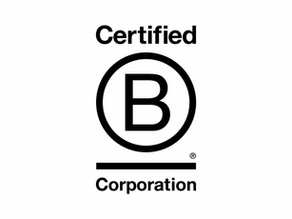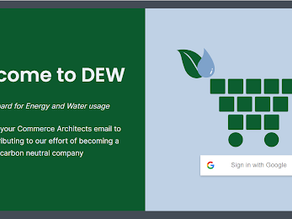
Commerce Architects in the Community
Commerce Architects aims to use what resources it has to make a positive impact on our employees, our community, and our planet.
We continually work to improve the lives of our employees by creating an atmosphere of professional growth and personal fulfillment.
For most of our employees, writing code is a necessary, though mentally exhausting, skill. This is especially true in this day and age when so much of our lives are wrapped in digital consumption. To provide a support system for our employees, we provide touchpoints that focus on establishing the best work/life balance possible.
-
Development of 3-year career plans, quarterly professional development goals, and overall personal and professional support by their manager.
-
In-person and virtual happy hours, company parties, wellness tips, and other fun challenges throughout the year, allowing us to step away from our keyboards and connect as humans.
-
A regular feedback loop exploring how leadership can best support employees.
We are an active participant in strengthening our community in Spokane and we support our employees' efforts to engage with their local communities.
Commerce Architects is no stranger to community engagement. We are committed to providing all employees with four (4) hours of paid time twice a year, equivalent to eight (8) hours annually, to participate in company-sponsored volunteer events.
In the past, we have participated in various community activities such as:
-
tree planting with the Lands Council
-
cleaning up trash with the Spokane RiverKeeper
-
helping to sort clothes with Global Neighborhood
Additionally, Commerce Architects is committed to supporting and encouraging our employees contributions to charitable organizations. We match 100% of eligible gifts made by employees to any qualified organization, up to a maximum of $200 per person, per year.
We are eagerly working to achieve carbon neutrality and be a zero-impact business
As a Certified B (Benefit) Corporation, we are making our business a force for good. This encompasses everything we do, from how we work and travel, to where we invest, and who we choose as our clients and partners.
Achieving and sustaining our BCorp status includes an ongoing effort to measure, communicate, and account for our environmental impact as a business. It guides and informs our strategic decisions and shapes our values.
Reducing our carbon footprint
We recognize that pollution and the overuse of water resources will have a profound impact on the health of the planet and future generations.
That’s why we are working towards carbon neutrality and zero-impact by measuring the electricity, water, and gas we use every day as well as the emissions we produce traveling—and taking action to reduce activities that contribute to our environmental footprint.
Investing where it counts
By using our custom in-house application DEW to measure and understand our environmental footprint, we can invest our financial resources in certificates for forest restoration, renewable energy, and water restoration. These certificates are supporting environmental protection projects such as wind farms, water quality initiatives, refrigerant management, and more.
Partnering with clients and organizations who share our goals and values
It is our goal to work with clients and partners who are committed to corporate stewardship in their business practices. This alignment extends beyond our immediate business transactions to a sense of unity and collaboration as we work towards a common cause.
![Logo [color] - single line w_ cart_edite](https://static.wixstatic.com/media/17b7e3_2ff2eac6a2994af799992822fabc1202~mv2.png/v1/fill/w_354,h_50,al_c,q_85,usm_0.66_1.00_0.01,enc_avif,quality_auto/Logo%20%5Bcolor%5D%20-%20single%20line%20w_%20cart_edite.png)







